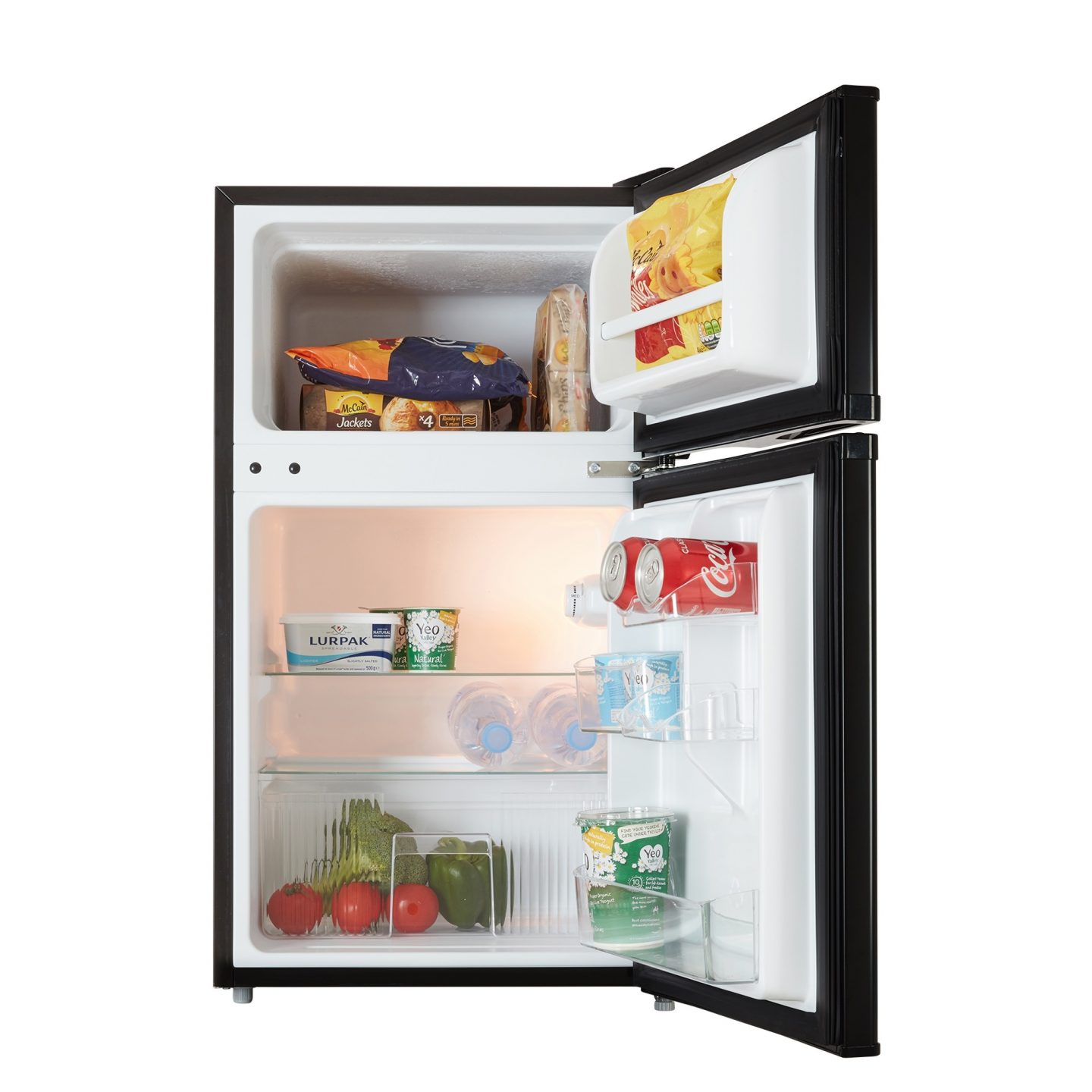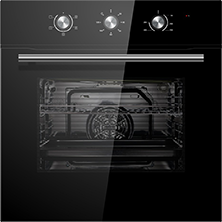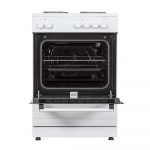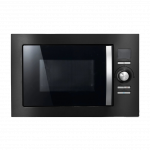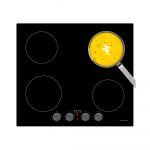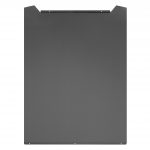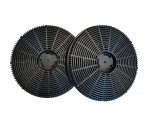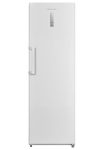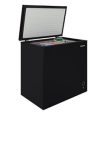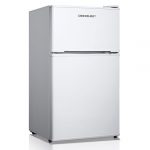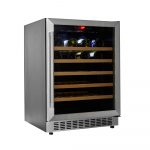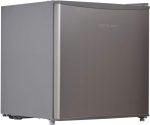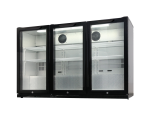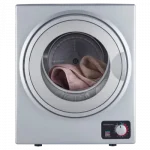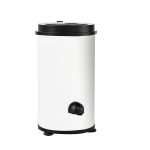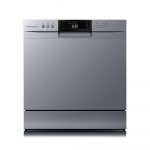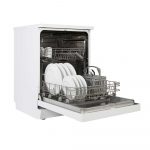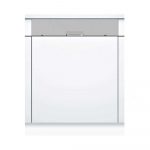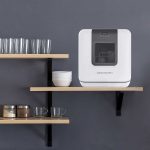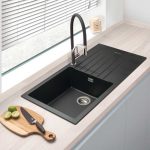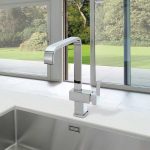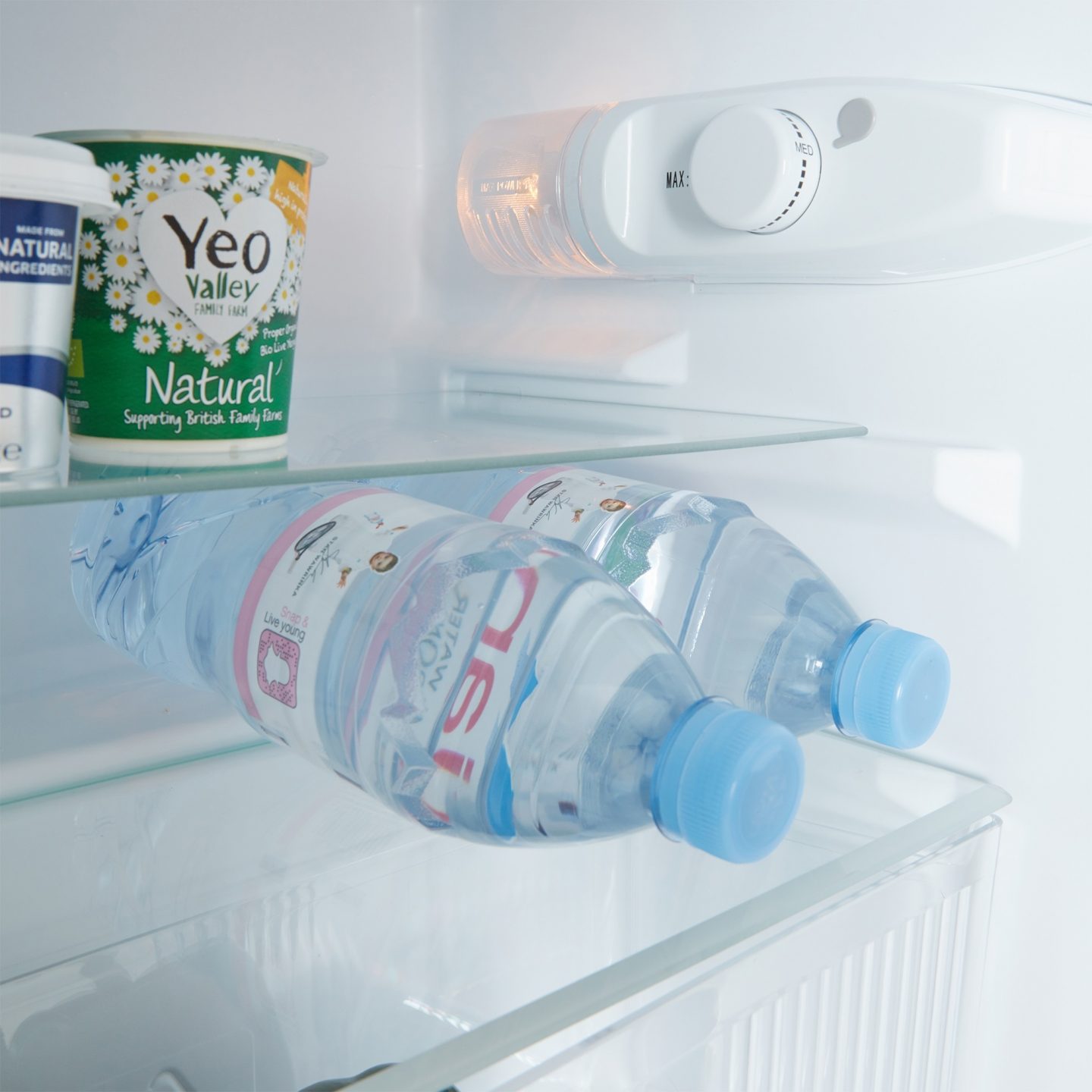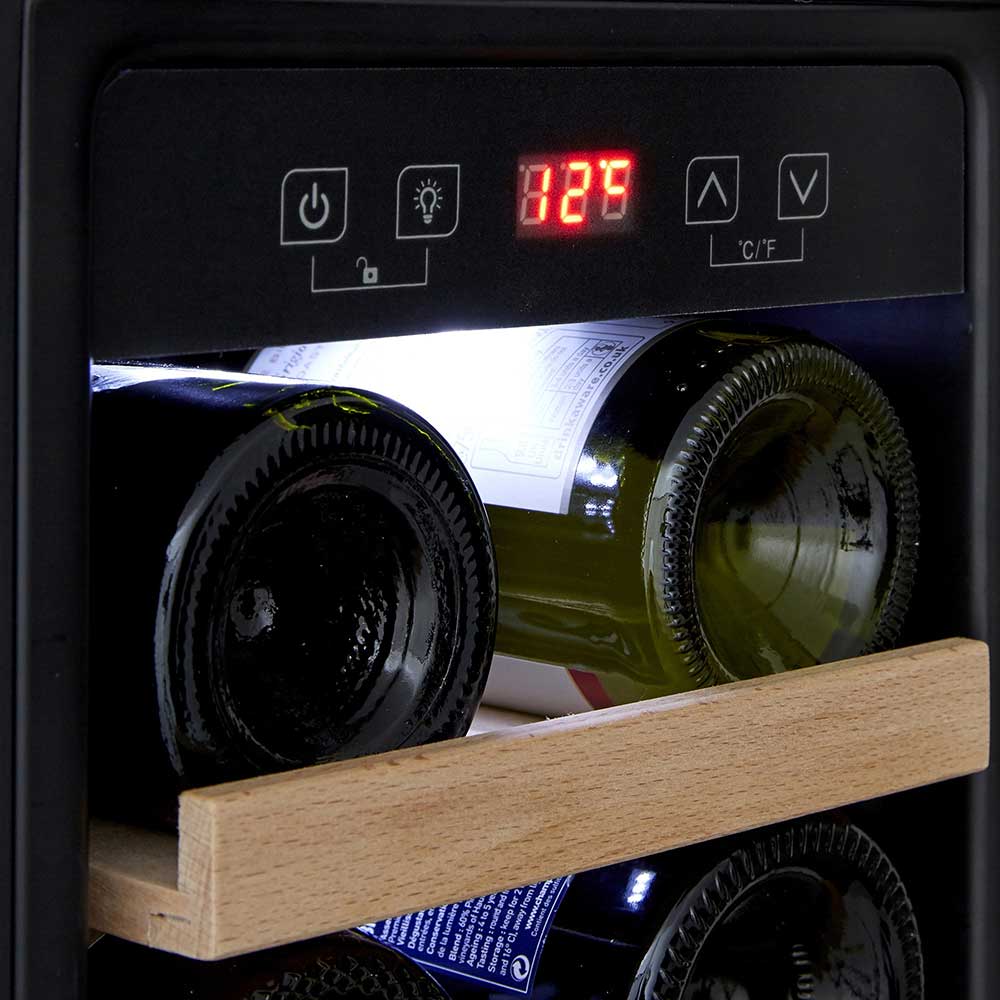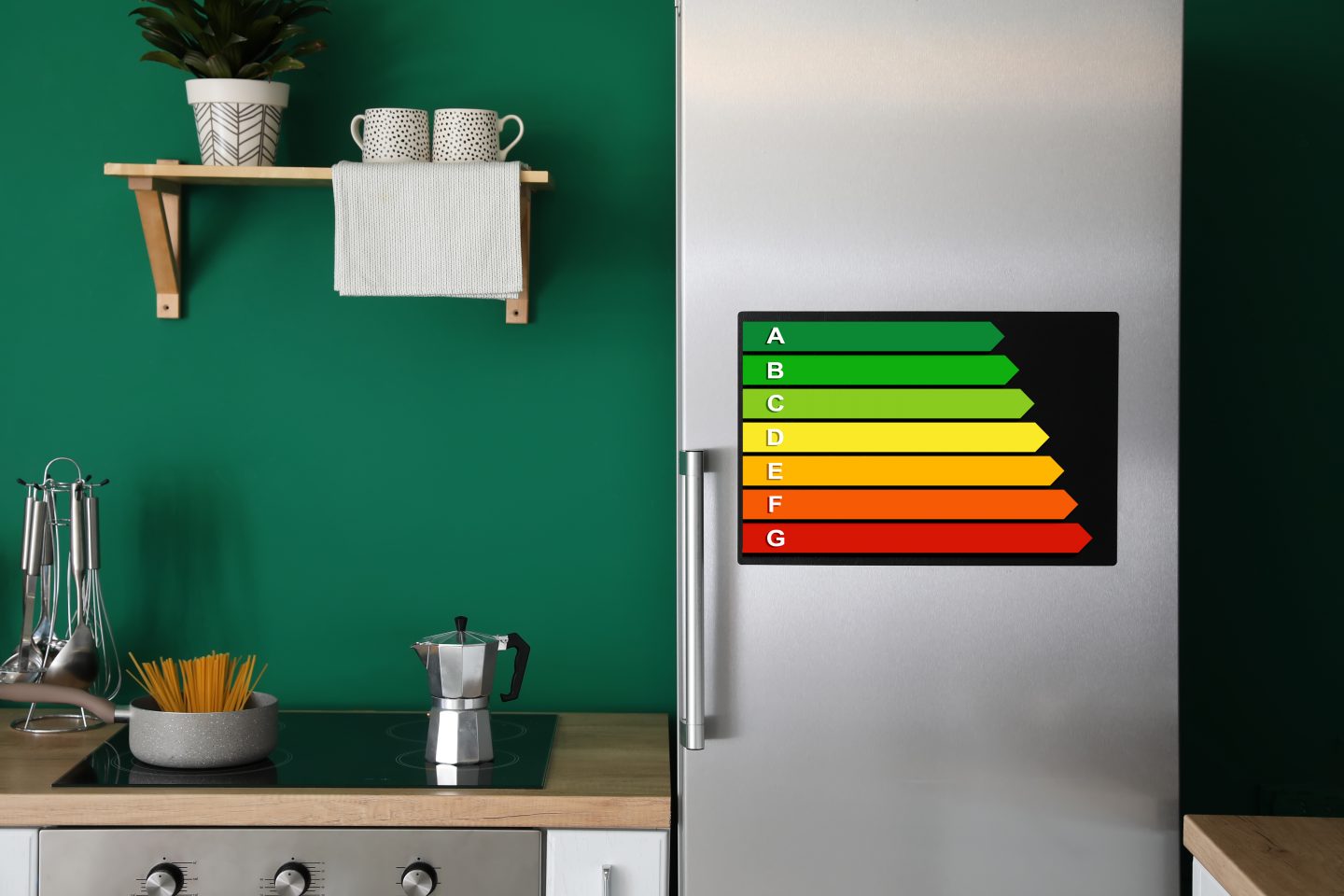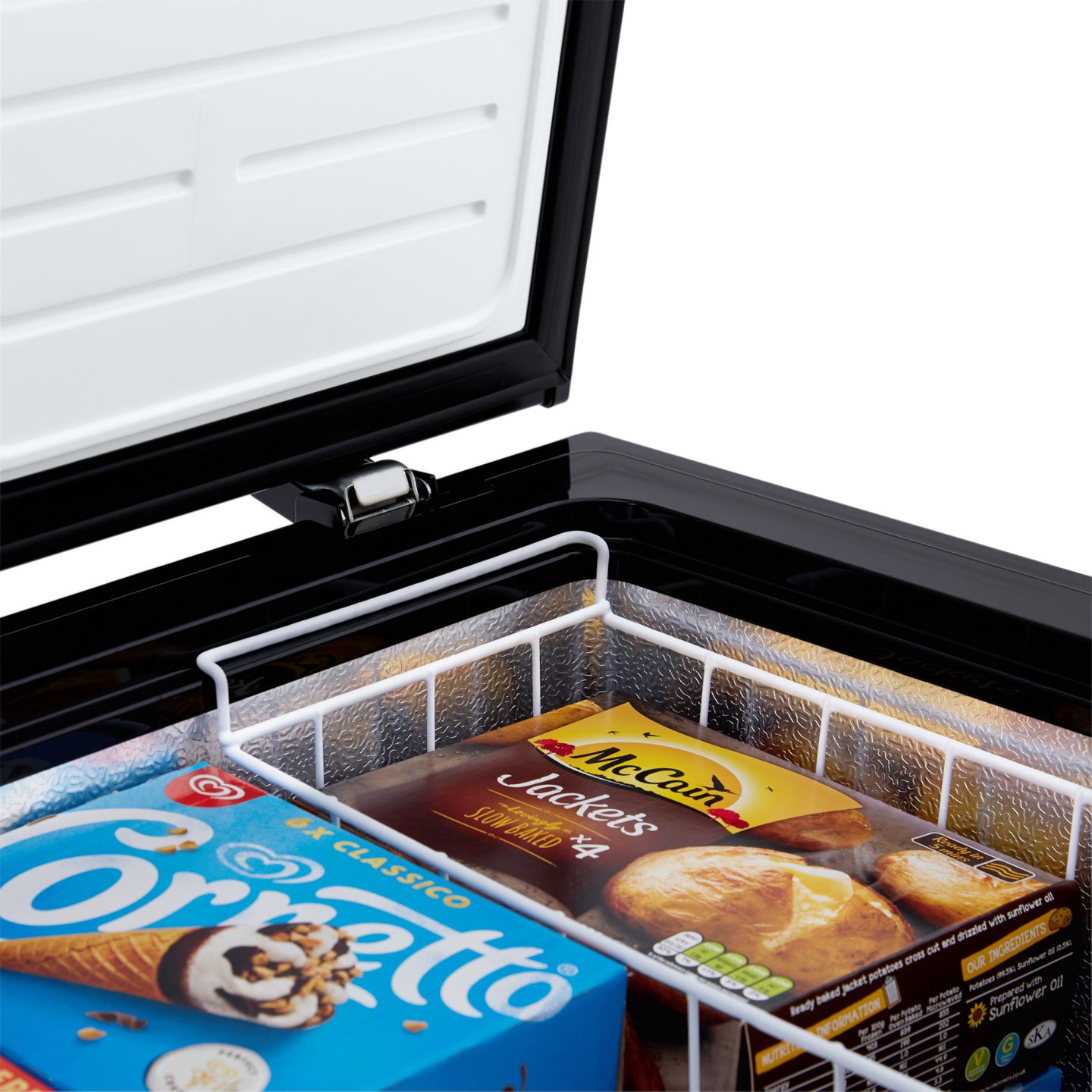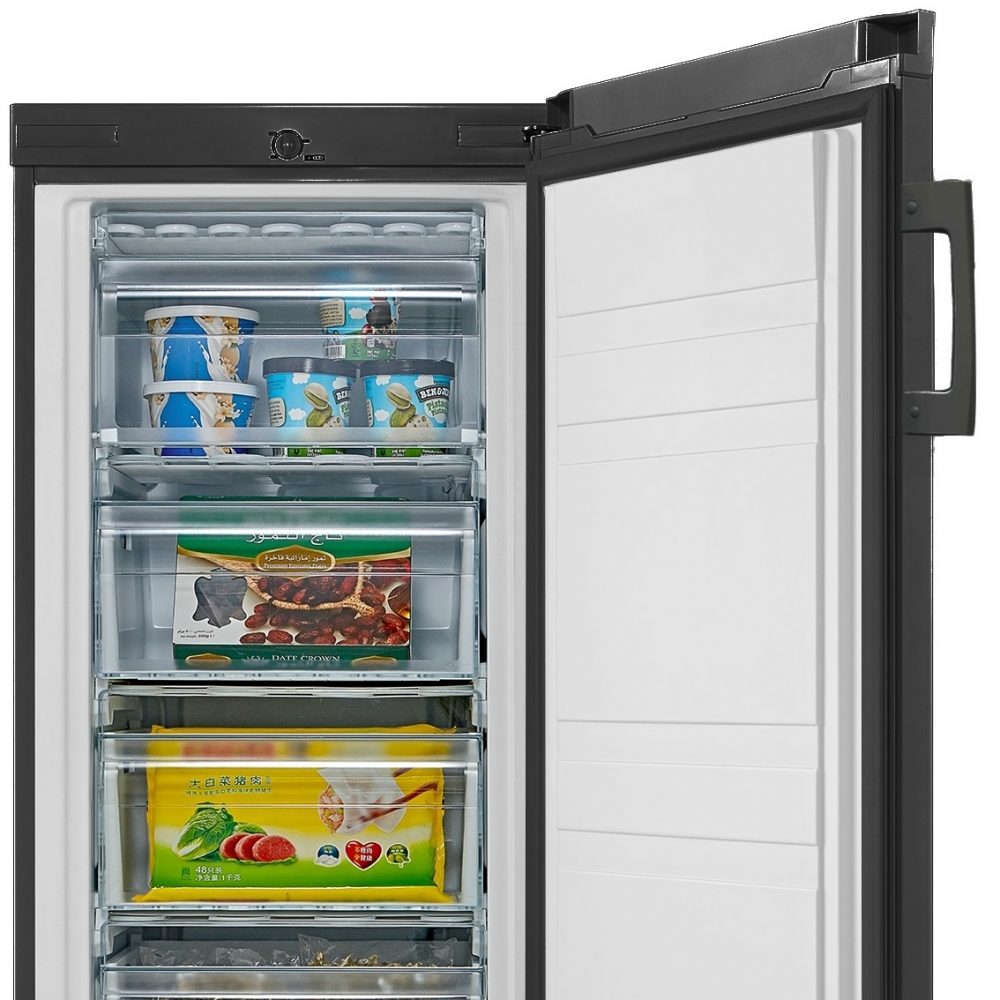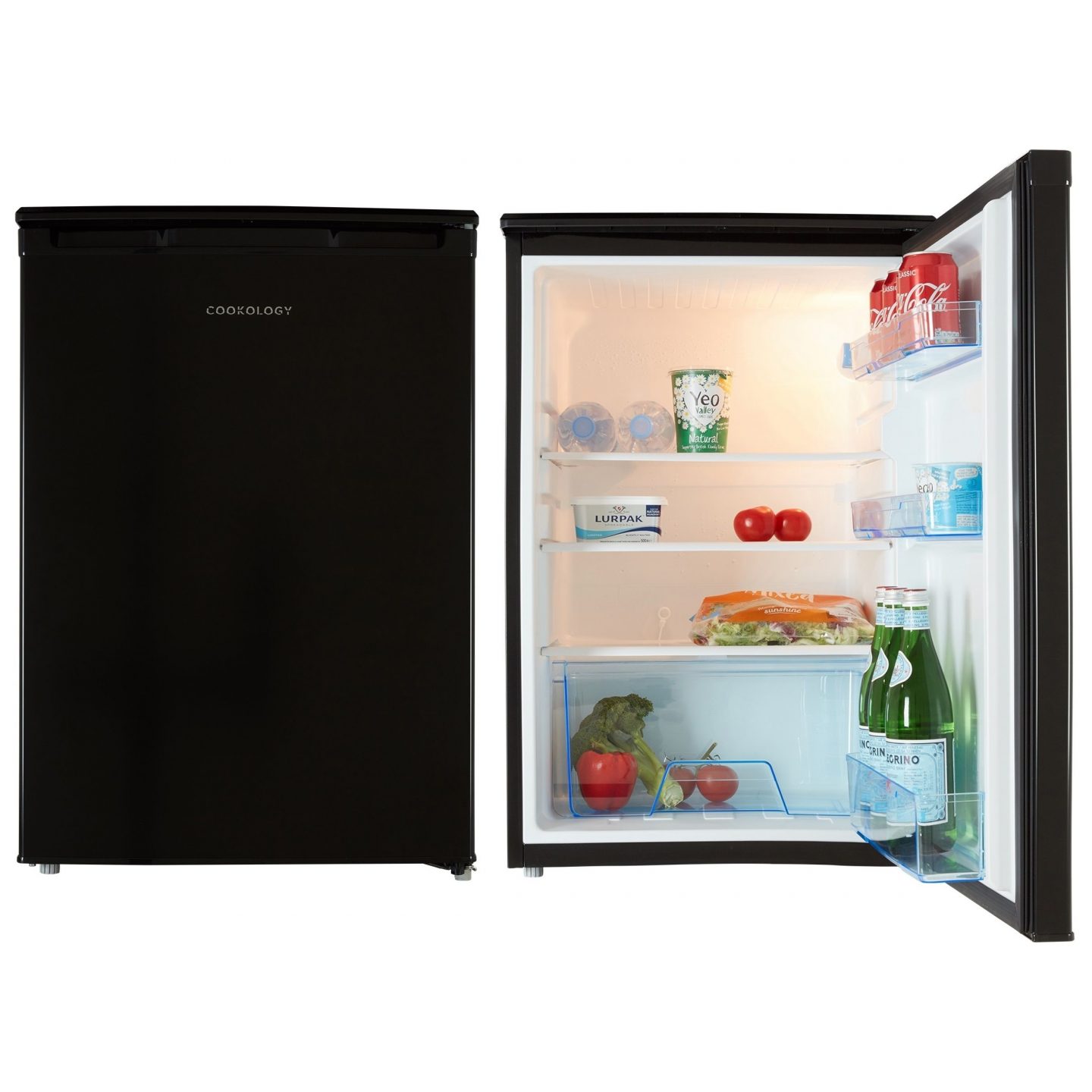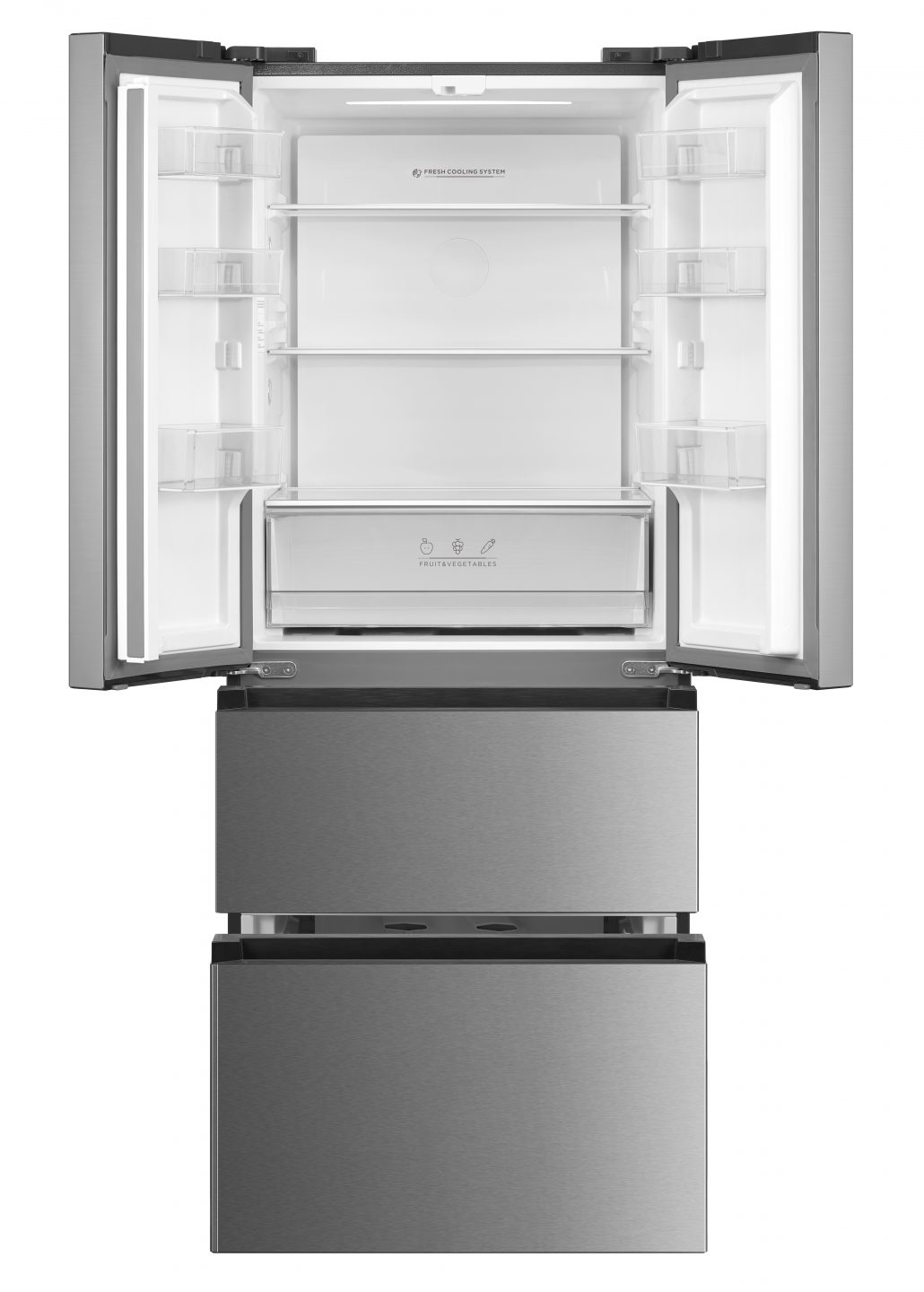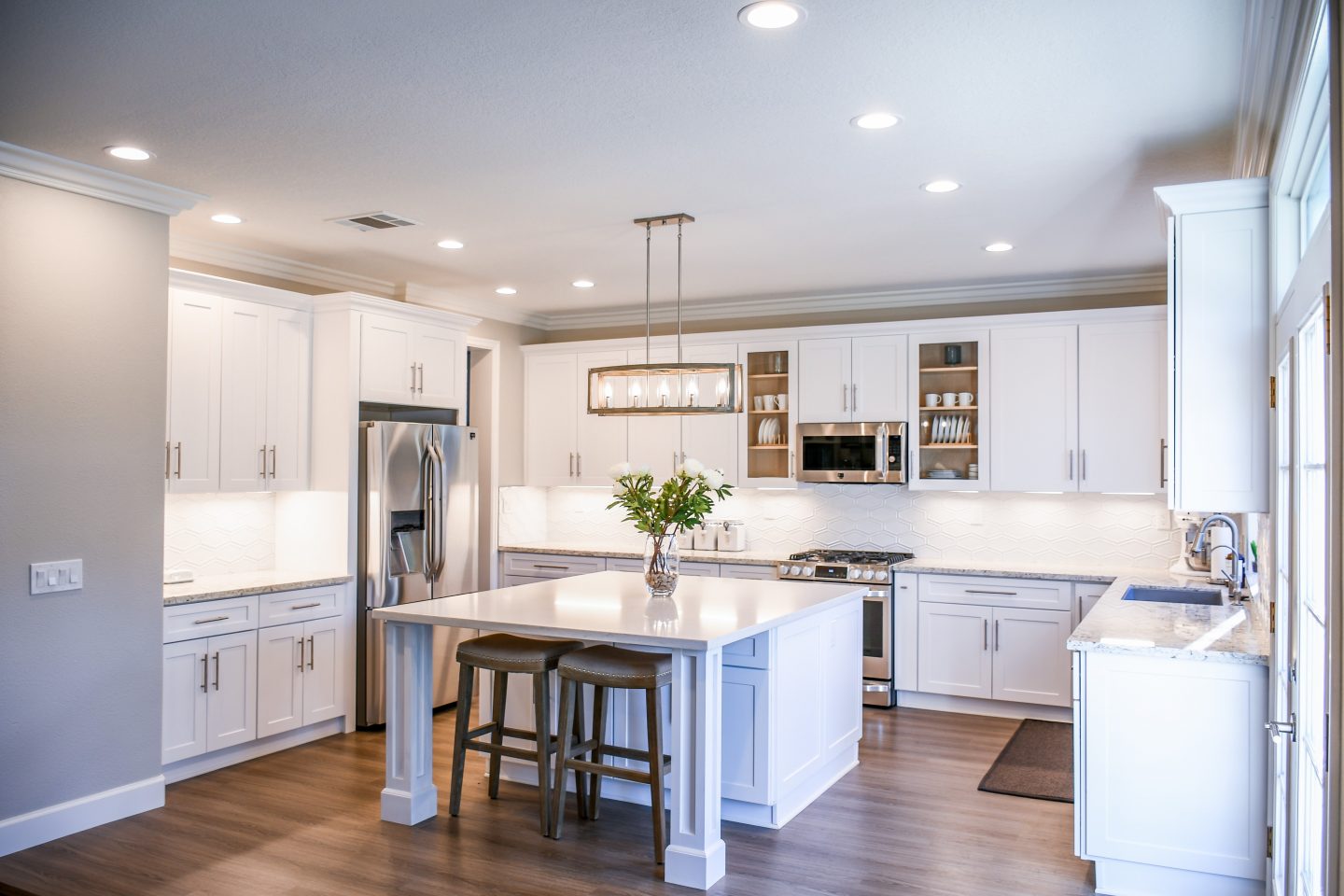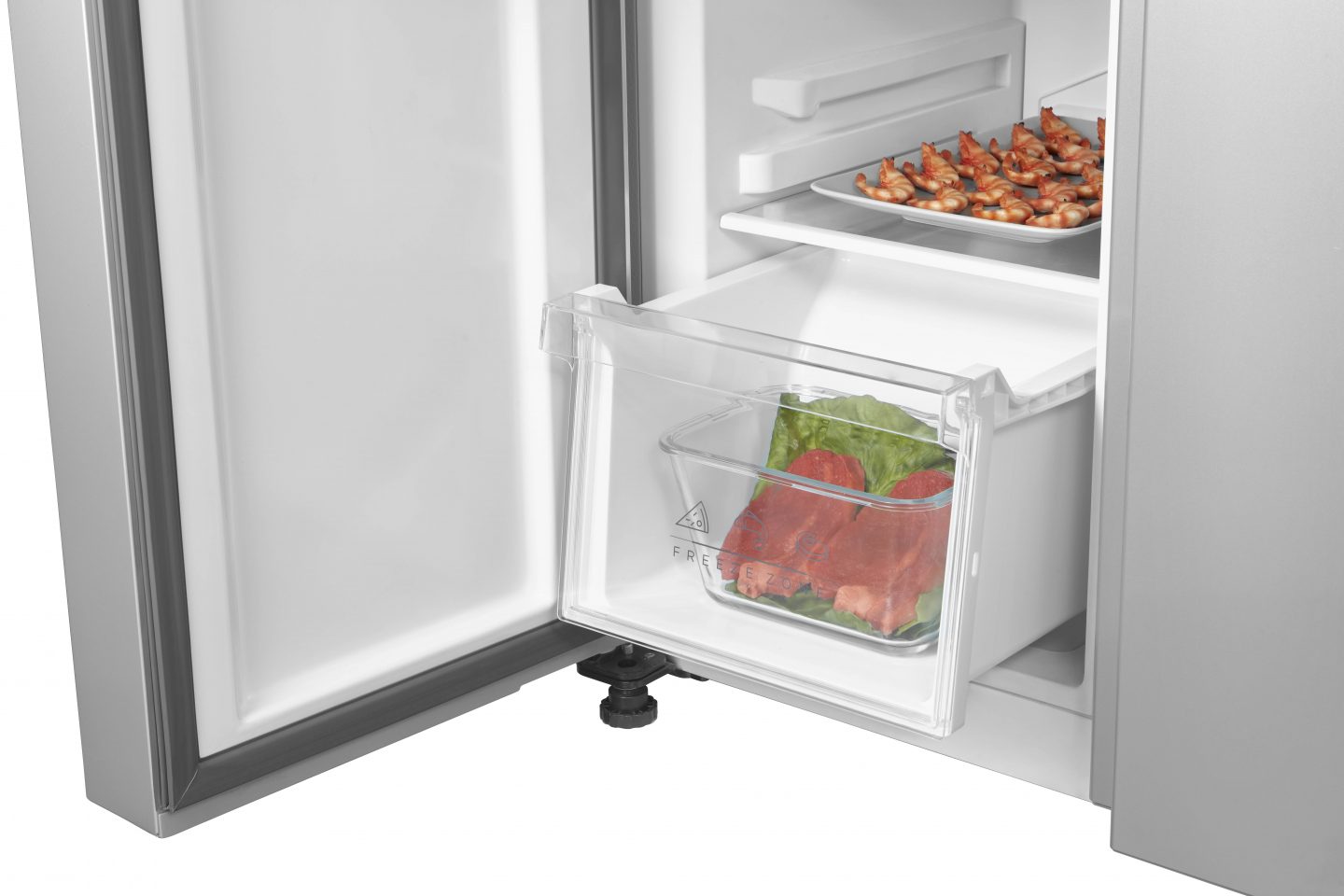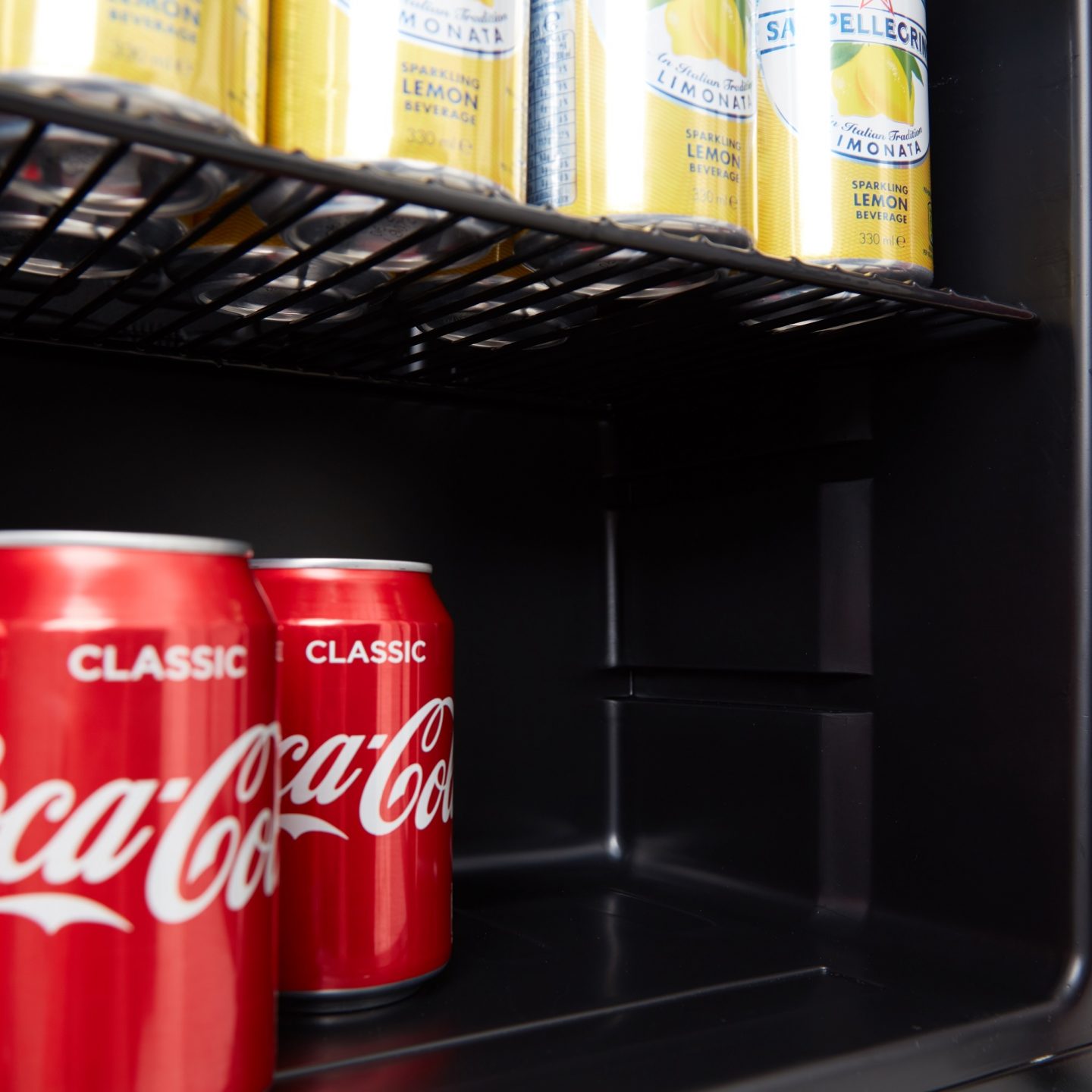We’re in the midst of a cost of living crisis here in the UK, and everyday essentials like energy and food have never been more expensive than they are right now. It’s no wonder that many of us are beginning to look more closely at our monthly outgoings. After all, nobody wants to spend more on gas and electricity than they have to, particularly when prices are so high.
That brings us onto the topic of today’s blog: fridge freezers. Are they cheaper to buy and run than separate fridges and freezers, or are they more expensive? We’re going to answer this question once and for all below, comparing the running costs of fridge freezers with their standalone counterparts. Plus, if you’re still not sure which appliances to choose, we’ll run through the pros and cons of fridge freezers and separate fridges and freezers to make your decision a little easier.
Does a fridge freezer use a lot of electricity?
Let’s start off with fridge freezers – how much do they cost to run? Obviously, this will vary depending on the type of fridge freezer you choose; smaller integrated models typically cost less to run than larger freestanding models (particularly American-style fridge freezers).
However, no matter which make and model you choose, a fridge freezer is likely to be one of the most electricity-hungry appliances in your home. According to figures from Which?, a fridge freezer can cost up to £142 per year to run. That makes it the third most expensive kitchen appliance in terms of electricity usage, behind only washer dryers and tumble dryers.
With that said, most fridge freezers aren’t anywhere near as expensive to run as that. If you opt for a more efficient model, the annual electricity cost could tumble to as low as £36 for a freestanding model or £43 for an integrated (or built-in) equivalent.
As you can tell, this is a tricky question to answer because the running cost of a fridge freezer can vary dramatically depending on the size, style, make and model you choose.
The only way to be sure is to study the energy label of the appliance you’re considering. Each appliance has an annual kWh figure, which estimates how much energy it’s likely to consume each year. To work out how much this is likely to cost you in real terms, simply multiply the appliance’s kWh reading by your current tariff price (in pence per kWh).
How much does it cost to run a separate fridge and freezer?
So, fridge freezers use more energy than most other appliances – but this shouldn’t come as much of a surprise considering they essentially combine two appliances into one.
What about separate fridges and freezers – are they cheaper to run? Typically, no. Although there are exceptions, in most instances it’s cheaper to run a combined fridge freezer than it is to run two separate appliances.
Again, there’s only one way to be sure: consult the annual kWh figures of your chosen fridge and freezer and add them together. If this figure is higher or lower than it would be for an equivalent fridge freezer, you’ve got your answer.
As a general rule of thumb, the most efficient way to keep your food fresh (assuming you still want the ability to both chill and freeze food) is a smaller, A-rated fridge freezer. Don’t be tempted to go for a model that’s bigger than you need: smaller appliances are almost always cheaper to run than larger ones, and well-stocked fridge freezers tend to use less energy than those with empty shelves.
One thing to note: Generally, the majority of fridges, freezers and combi units available for sale in the UK from all manufacturers have a rating of D and E. This is because, back in 2017, the EU rescaled the energy efficiency ratings as manufacturers were claiming higher ratings more easily, adding a ‘+’ each time they improved the efficiency of their appliances to create ratings like A+++.
To prevent that from happening, the EU created bands A to G and made the grades A to C extremely tough to achieve, knowing there would be technology breakthroughs in the future. Energy classes were also given strict guidelines for energy consumption, capacity, noise and so on, which became benchmarks for the industry.
Other factors to consider
It’s not just the cost of energy that matters here, but the cost of buying and maintaining each appliance. Combined fridge freezers have the edge here too. Typically, it’s cheaper to buy one of those than it is to buy a separate fridge and freezer, and it’s easier and cheaper to maintain a single appliance than it is to maintain two.
There’s only two real disadvantages to fridge freezers: capacity and flexibility. Although they cost less to buy and run on average, fridge freezers aren’t usually as spacious on the inside as their individual counterparts. Plus, not every kitchen has room for one large appliance. Depending on the layout of your kitchen, two separate integrated or under-counter units may work better than a single, full-height fridge freezer.
Check out our range of fridges and freezers
Whether you’re searching for a spacious American-style fridge freezer or a compact mini fridge, we’ve got a wide range of options to suit you here at Cookology. Discover our lineup and place your order online today.
